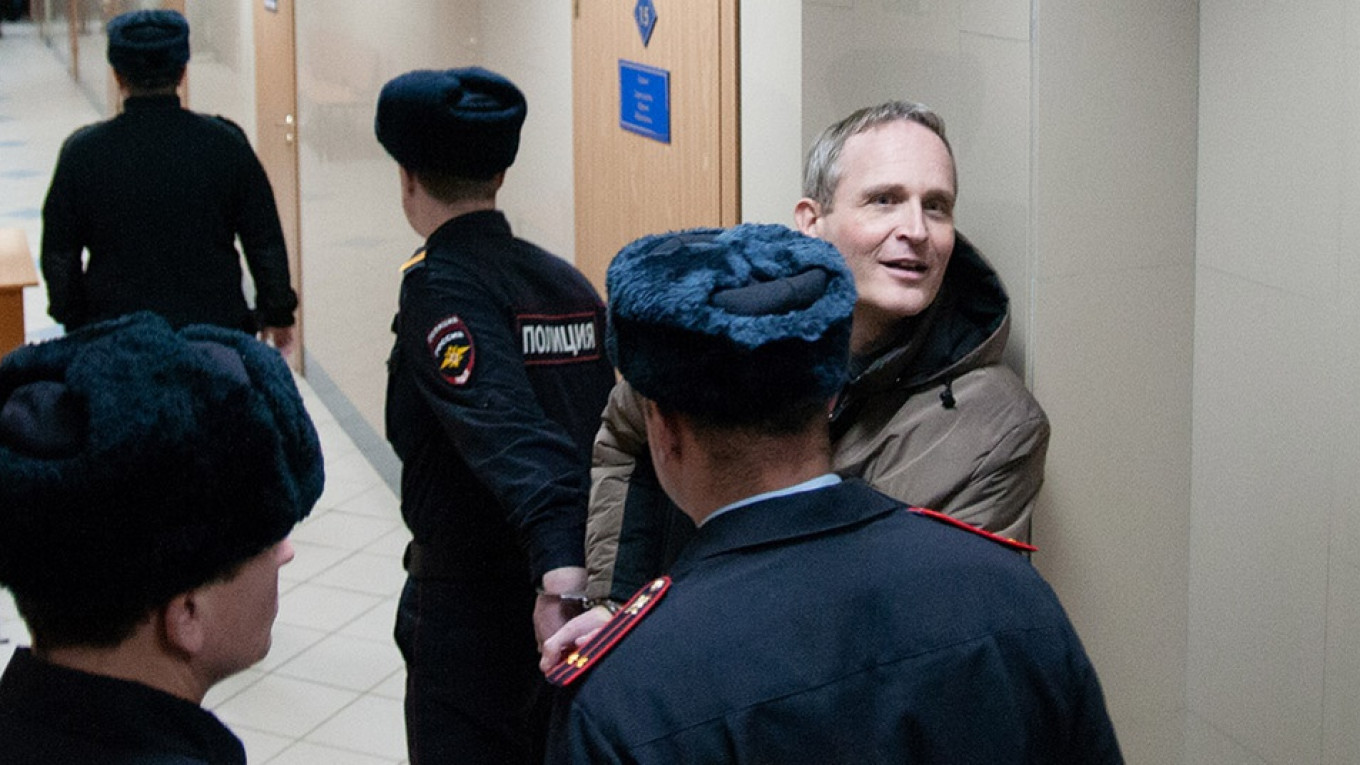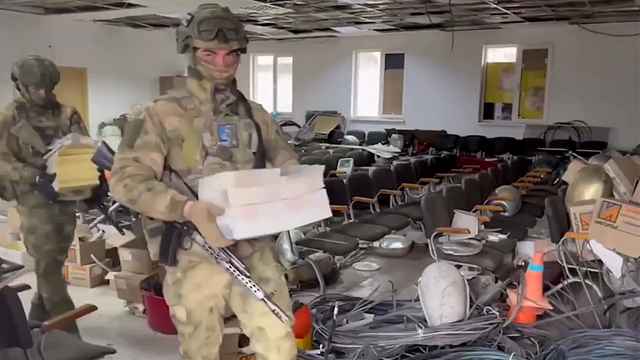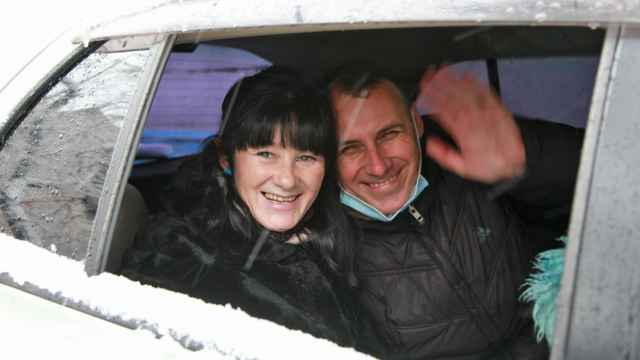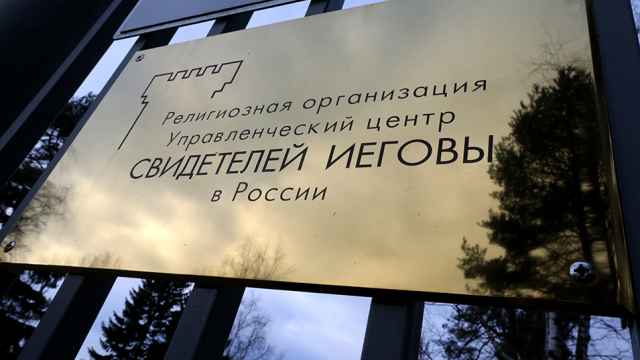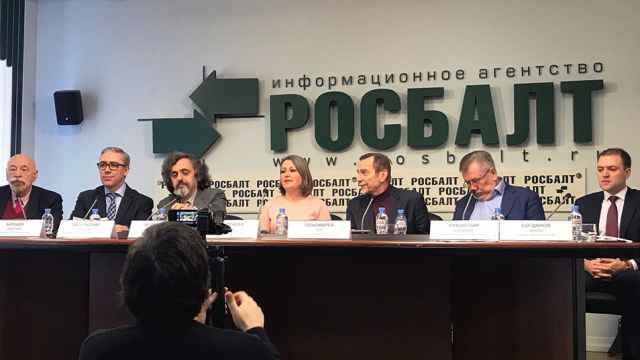On Feb. 6, a court in Oryol handed down the first actual – and not suspended – sentence against a Jehovah’s Witness, the Danish citizen Dennis Christensen, for the crime of confessing his faith. Based on current Russian legislation, the judge effectively had no choice but to send Christensen to prison.
This case and the sentence itself show what a dangerous trap Russian law enforcement agencies and authorities have fallen into by waging an anti-religious campaign against Jehovah’s Witnesses, and in their desire to control society as a whole.
It turned out that the pressure they have been applying to society and non-profit organizations has had a direct effect on religion – which has become a bargaining chip in political disputes and an integral part of the new “patriotism.”
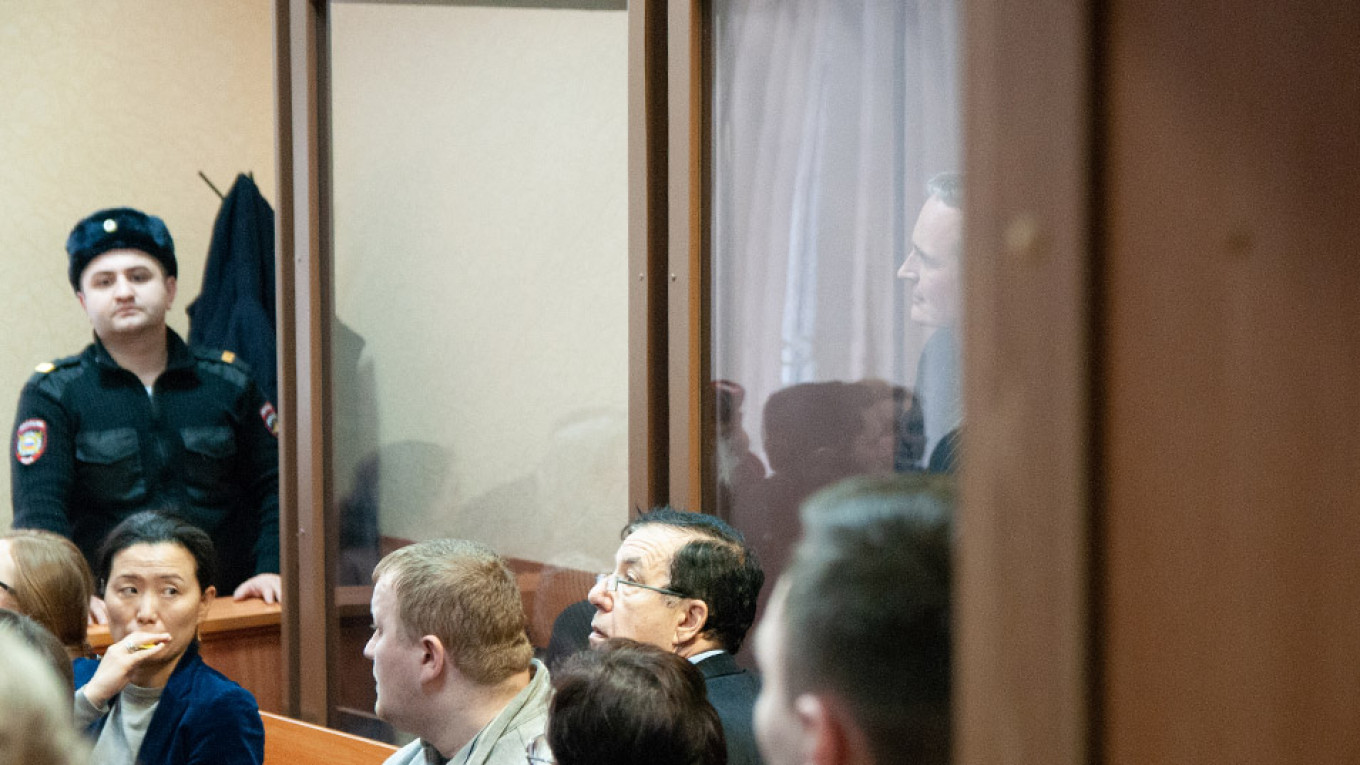
Many former Soviet republics are similar in this regard. In Ukraine, the “toy” in the hands of the authorities is the new Orthodox Church. In Central Asia, it is the dispute over which are the “right” and “wrong” forms of Islam. In Russia, it is the Jehovah’s Witnesses organization.
The campaign against the group has been underway since 2009, when Dmitry Medvedev was president, and yet many liberals and conservatives – both in politics and the public – do not consider these actions as persecution. On the contrary, they see the ban against Jehovah’s Witnesses as part of the larger battle against “sects” and as supporting Russia’s traditional religions.
The authorities’ gambit has proved successful: Isolated from other denominations and seen by other Christians as distorting the Bible, almost no one has come forward to support the Jehovah’s Witnesses.
Following the book of law
The campaign against Jehovah’s Witnesses became more politicized when laws regulating Russian NGOs were tightened in 2012 and especially after the Russian-Ukrainian crisis began in 2014. As the authorities stepped up their efforts against Western spies, they were naturally fearful of the Jehovah’s Witnesses organization, that has a centralized structure and a global governing body which is headquartered in the United States.
It would be difficult to claim that the ruling against Dennis Christensen was illegal — it was based on current anti-extremism legislation and an earlier decision by Russia's Supreme Court declaring Jehovah’s Witnesses an extremist organization.
Given that Jehovah’s Witnesses consider themselves to be “the most true” believers, the Russian authorities gradually concluded that their organization and literature were extremist and decided to ban them entirely.
The prosecution claimed – and the judge will probably note in the ruling – that Christensen led the activities of an organization previously banned as extremist.
Not just Jehovah’s
By cracking down on Jehovah’s Witnesses, the Russian authorities sent a clear signal to all religious minorities in the country: Be wary of Western support, do not engage in missionary activity as aggressively as the Jehovah’s Witnesses do and restrict the movement of your foreign missionaries.
Moscow directed this message primarily at the Protestant churches – Baptists, Evangelists, Pentecostals, and Adventists – because they have become the largest branch of Christianity in Russia after the Russian Orthodox Church and have outgrown the definition of a “minority.”
The authorities could not label Evangelists extremists as they did with the Jehovah’s Witnesses because they profess a more mainstream form of Christianity and because of what could provoke a much stronger reaction from the United States.
In a legal move aimed at those Protestants, however, Russia passed the so-called package of reforms known as "Yarovaya Laws" in 2016 that introduced fines for missionary activity in public places and residential premises.
But whereas the authorities have sought administrative penalties against Protestant missionaries in the more than 600 such cases they have initiated since 2016, when prosecuting Jehovah’s Witnesses they level criminal charges.
Kremlin's mixed signals
It is still unclear how the Kremlin will react to the latest ruling. When the campaign against the Jehovah’s Witnesses began gaining momentum and hundreds of Russian citizens were under investigation, the government signaled that it might soften its stance against the organization.
At a session of the Presidential Human Rights Council in December 2018 at which Vladimir Putin was asked why hundreds of harmless branches of Jehovah’s Witnesses had been included on the list of extremist organizations when the country should be fighting real criminals instead, the president expressed unexpected outrage over the fact that the "pacifist believers" were considered terrorists.
At the time, the Russian Justice Ministry had responded to the European Court of Human Rights (ECHR) by stating that individual Jehovah’s Witnesses were free to profess their faith even if the organization itself had been banned.
In the end, the ECHR condemned the campaign against the Jehovah’s Witnesses and fined Russia almost 80 million euros ($90.1 million) for having confiscated the organization’s property.
For now, Russian law enforcement agencies have made the Jehovah’s Witnesses the first individuals since the Soviet era to be persecuted exclusively for their faith – because they could find no other crimes to pin on the pacifist and law-abiding citizens.
The situation surrounding the Jehovah’s Witnesses shows that Moscow’s policy on religion has hit an impasse, and that Russia, as a European and largely Christian country, will have trouble convincing its own citizens that faith and religiosity hold an exalted station in this society.
Roman Lunkin heads the Center for the Study of Religion and Society at the Russian Academy of Science’s Institute of Europe. The views and opinions expressed in opinion pieces do not necessarily reflect the position of The Moscow Times.
A Message from The Moscow Times:
Dear readers,
We are facing unprecedented challenges. Russia's Prosecutor General's Office has designated The Moscow Times as an "undesirable" organization, criminalizing our work and putting our staff at risk of prosecution. This follows our earlier unjust labeling as a "foreign agent."
These actions are direct attempts to silence independent journalism in Russia. The authorities claim our work "discredits the decisions of the Russian leadership." We see things differently: we strive to provide accurate, unbiased reporting on Russia.
We, the journalists of The Moscow Times, refuse to be silenced. But to continue our work, we need your help.
Your support, no matter how small, makes a world of difference. If you can, please support us monthly starting from just $2. It's quick to set up, and every contribution makes a significant impact.
By supporting The Moscow Times, you're defending open, independent journalism in the face of repression. Thank you for standing with us.
Remind me later.



